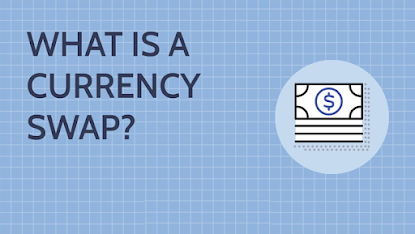Understanding BO ID and NSDL: A Simple Guide

If you're new to the stock market or just starting your investment journey, you may have come across terms like BO ID and NSDL. These might sound complicated, but they are actually quite simple when explained in easy words. In this blog, we'll break down what these terms mean and how they are important for you as an investor. What is NSDL? NSDL stands for National Securities Depository Limited. It is one of the two main organizations in India that hold and manage securities like stocks, bonds, and other financial assets in electronic form. Think of NSDL as a giant digital locker that safely stores all your shares and investments. Just like you no longer need physical certificates to show ownership of your stocks, NSDL keeps track of everything electronically, making it easier and more secure. In India, there are two major depositories: NSDL and CDSL (Central Depository Services Limited). NSDL is the older and larger one, and many banks and brokers work with it to help investors...





